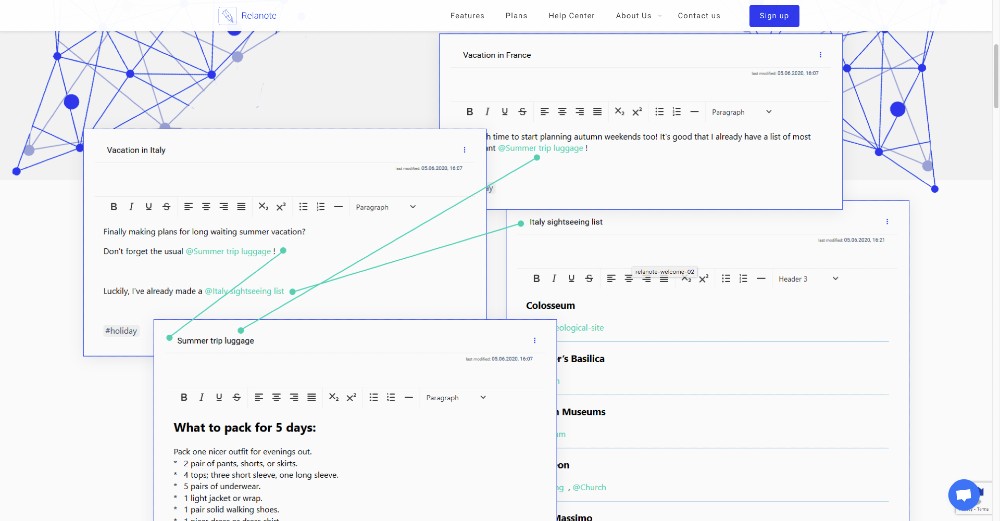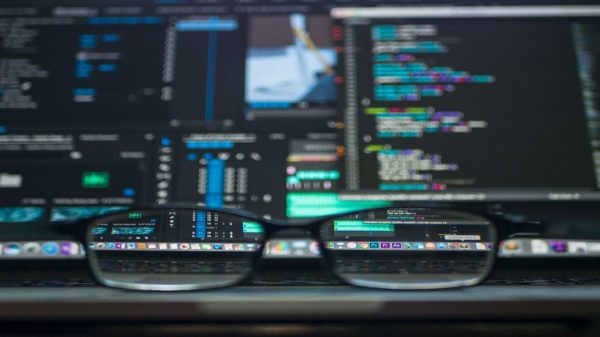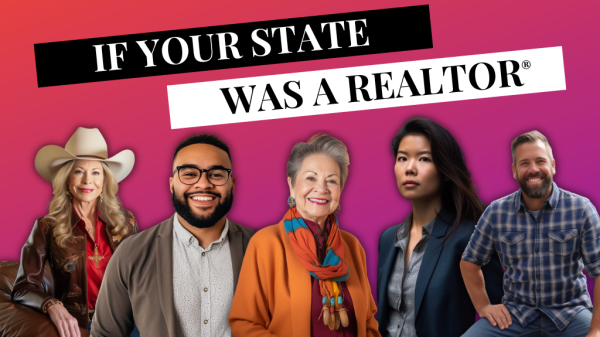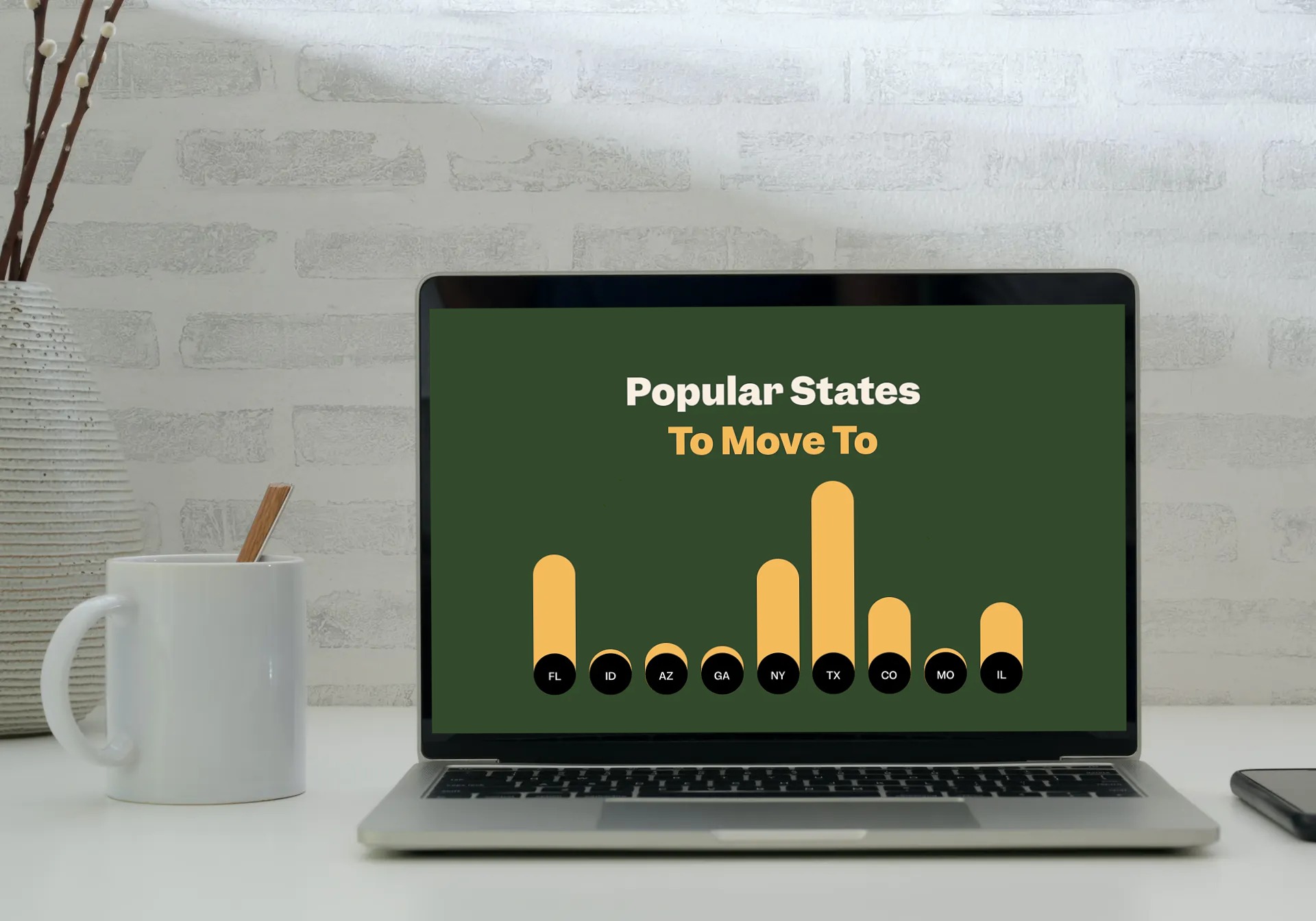So at this point, people are starting to adjust to a new reality (nothing normal about it, so maybe standard is the better word here, and leaves it room to grow and encompass a type of normal) of working from home, learning the ins and outs of Zoom, being hired without ever meeting your future team face to face, and all the other changes and challenges that have been revealed, reviewed, and revised in a connected and digital world.
Which is all a fancy way of saying that certain things that were – at one time – considered incredibly important are sliding down the priority scale at a scary and fast rate. It makes sense that a parking spot and transportation stipends might make less sense if everyone is stuck at home. That could kill an entire bullet point on a company’s list of perks. I wonder how many beer taps have cobwebs on them right now?
You know what is trending? A lack of interest in trendy offices. Which should only make sense, I suppose – who really cares how high up the windows are downtown if we’re all stuck working from home anyway? After all, if no one is in the office to enjoy them, why does it matter who has rock climbing walls and ping pong tables?
As Josh Wand – founder and CEO of recruiting agency ForceBrands – states, “When the pandemic hit and everyone decentralized, what I heard from hundreds of my clients is that people don’t care about those perks. People want to feel connected. They want to feel valued. The little things become the big things. It’s not about the free lunch or the extra perks — it’s about growth opportunities, visibility and transparency.”
Instead of focusing on things like a well designed physical space as a draw for talent, it’s all about a company fostering a sense of belonging while working from home. This has always been a concern when it comes to retaining talent, but now there’s an added degree of difficulty in resolving this issue given the distance and virtual nature of teams scattered across towns, cities, states, and nations.
One way to look at this is to see how a company’s culture can be adopted and applied, as now – more than ever before while working from home – this is falling directly on every employee to build, apply, and celebrate. Instead of the physical constructs and perks that could have been seen as a way to define and measure the vibe, it’s entirely on the shoulders of the C-suite, executive teams, and employees themselves. I.e., work with cool people, then it’s still cool even when you can’t be around them. And that is huge.
Manuel Bordé is the global chief creative officer at Geometry, and offers this insight: “What makes an agency culture amazing is the talent the agency has. If you lose that talent, or fail to replace the outgoing talent with equally amazing ones, then the agency culture is gone.” In short: everyone has to pull together more than ever before.
Maybe there’s a way to preserve such relationships virtually, or maybe tried-and-true options such as one-on-one meetings can help mitigate and preserve the feeling of a cohesive team. Andrea Diquez, CEO of Saatchi NY, relies on nearly thirty of these a week to keep close with employees and “feel the pulse of the agency.” Certainly, there will be a push to take this kind of interaction and communication much more seriously in order to bolster connections while working from home.
This could be me sounding selfish, but I am definitely on board with companies that have realized at-home stipends are a huge draw, and I absolutely champion that route. Helping to cover costs for employees in their home offices is definitely helpful, if not outright necessary.
Taking this a step further – could money that was previously allocated to certain perks be redirected to workers? Instead of paying for soda delivery, take those funds and use them for different benefits – added healthcare options (mental health would be amazing), additional days off, or the occasional happy hour with delivered treats? You can keep the swag – I’ve used my company issued hoodie a LOT recently.
Years ago, I went to a coding bootcamp here in Austin called Makersquare (which became Hack Reactor, and ultimately part of Galvanize). We talked about startup culture a lot, and several of us had experience from prior jobs. I remember that one person gave a presentation about one of their previous ventures, and his slide show included a picture of a ping pong table, “so that you could tell we were a startup.”
Everyone laughed. It’s funny because it was true at the time. Who knows if it’ll stay true now? I guess we’ll find out once offices open back up (if they do, let’s all hope we can stay working from home).
Speaking personally, I’d already seen a decline of interest in office perks at some jobs I’ve worked at – surveys that specifically pointed out that there was lower emphasis on endless snacks and more on lower commutes. This makes me think that the pandemic is just accelerating a shift toward incentives that return time and energy to employees while also decreasing daily stress.
I’m all for that. I know that I definitely love that my commute is twenty feet of walking, and I’m usually in comfy house slippers when I do that. I’d take that over the once-every-three-months game of ping pong any day. I do miss my coworkers, and I look forward to seeing them, of course, but seeing the big picture makes me reevaluate.
In the end, this could represent another movement and evolution of the American workplace, especially in the tech world. It still remains to be seen if this will be a sea change, a transformation away from the hip cultures that Google and Facebook gave us to fuel our dreams of endless donuts and caffeine, and instead settling into something cozier and dependent on creating truly national (global?) teams that get by on the strength of their cooperation and desire to work separately yet together.
It’s like how I’ve got my best friend living in Japan – the few times we chat each year, it’s like no time has passed. That’s what we’re going to strive for in the new age.
Robert Snodgrass has an English degree from Texas A&M University, and wants you to know that yes, that is actually a thing. And now he's doing something with it! Let us all join in on the experiment together. When he's not web developing at Docusign, he runs distances that routinely harm people and is the kind of giant nerd that says "you know, there's a King of the Hill episode that addresses this exact topic".















































